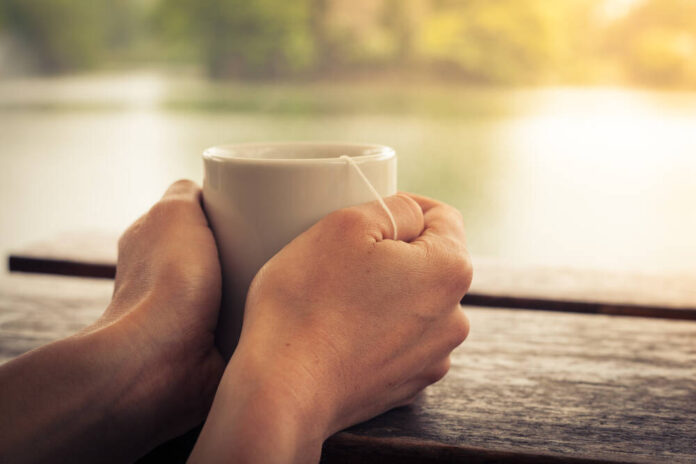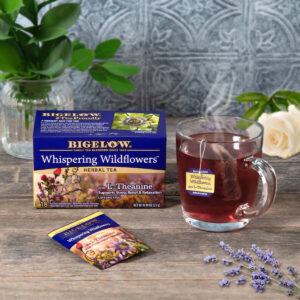
Herbal teas are all the rage these days, and for good reason! Herbal teas have amazing health benefits and have been used as natural remedies for various ailments for hundreds of years. Tea is rich in antioxidants because it comes from plants. These antioxidants are called polyphenols. More than 8000 polyphenols have been found in fruits, vegetables, and flowers. They can help neutralize harmful free radicals or cells that are made in our bodies during their various functions and can help protect against various diseases and aging.
Imagine sipping on a warm cup of tea that tastes great and helps you chill out. Well, teas with passionflower, rose, lavender, and L-theanine are the ones to look out for. So, if you're looking for a natural way to unwind, this tea could be just what you need. There's still much more to learn about their effects, so let’s look at the latest research!
Read more about coffee and tea and which is better for hydration
Passionflower to the Rescue
Passionflower has historically been used in conditions such as anxiety and insomnia. Some of the research points to balancing GABA (gamma-aminobutyric acid) in the brain, and GABA is known to promote relaxation and improved sleep. Other research for Passionflower has looked at heart rhythm issues, menopausal symptoms, and attention-deficit hyperactivity disorder. It is also applied topically for burns and hemorrhoids. It may cause drowsiness in some individuals, so please don’t operate a motor vehicle or heavy equipment before you know if it affects you this way.
Rose In Tea
Roses are prized for their delightful fragrance and potential health benefits when used in tea. Rose tea has been traditionally utilized to alleviate menstrual pain, reduce stress, promote relaxation, and enhance mood. The high vitamin C content in rose hips can contribute to immune system support. Furthermore, the rose extract has anti-inflammatory properties, which may benefit conditions such as arthritis.
Lavender and the Nervous System
Lavender flowers, commonly used in essential oils and beauty products, can also be brewed into a calming tea. This aromatic beverage is believed to have a soothing effect and may offer potential benefits for individuals dealing with mood disorders such as anxiety and depression. Research suggests that lavender tea can promote better sleep quality and aid in falling asleep, making it a popular choice as a bedtime beverage. Additionally, lavender tea has been associated with reducing symptoms of stress and anxiety, potentially enhancing relaxation and mood. The compounds in lavender are thought to work on the nervous system, mimicking the role of neurotransmitters and helping to decrease stress levels and anxiety.
L-Theanine: What it is and It’s Benefits
We’ve talked about l-theanine at Naturally Savvy before. If you find coffee makes you too jittery, consider a black or green tea that has caffeine but also has l-theanine. L-theanine helps you be alert and focused but not jittery. When added to herbal teas or taken in supplement form, it calms your nervous system and helps you cope better with stressful situations. It may also help lower blood pressure.
Bottom Line
Tea is a wonderful way to hydrate and relax. When you are looking for tea to help you unwind and relax, it can be a multi-sensorial experience. Not only will the tea taste good, but it will also smell great. Take a deep breath and a sip to relieve your stress and sleep better tonight.
[Editor’s Note: Bigelow Tea has introduced Whispering Wildflowers™ plus L-Theanine Herbal Tea, which blends passionflower, rose, lavender, and l-theanine for a perfect cup of herbal tea.]





